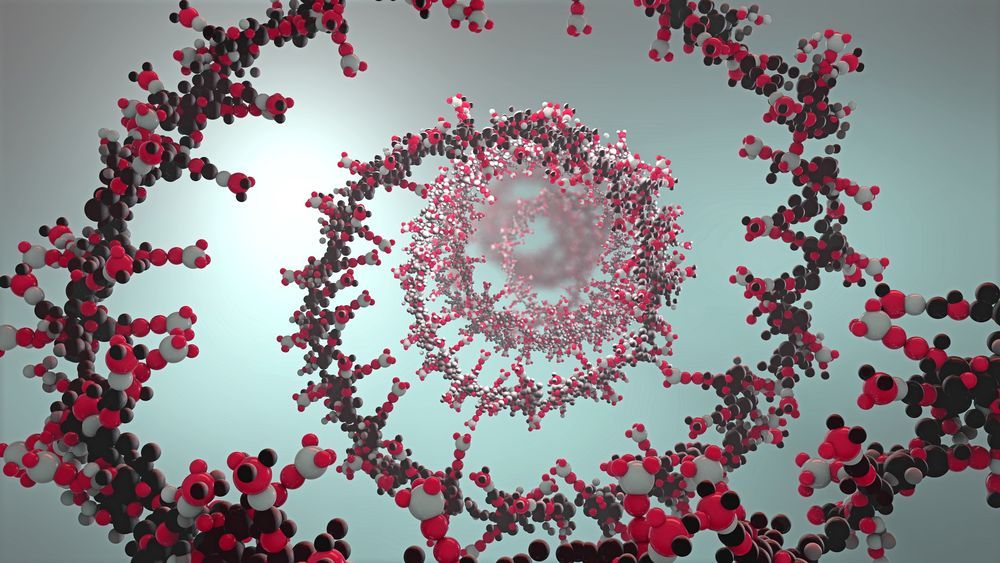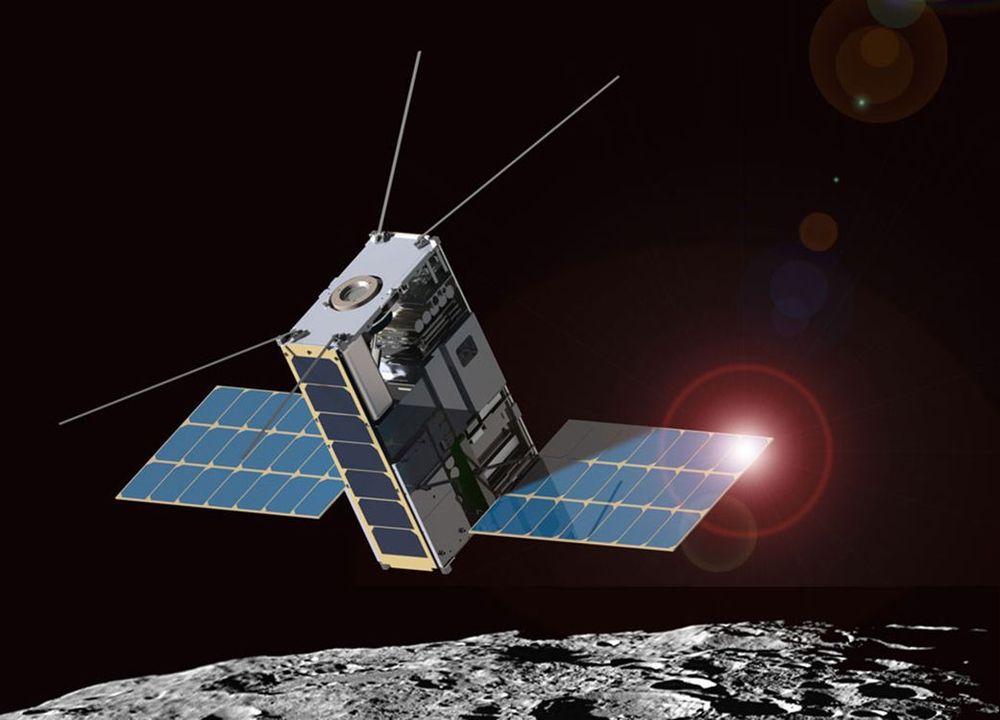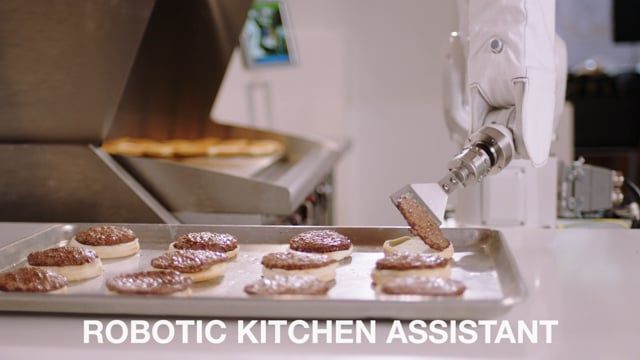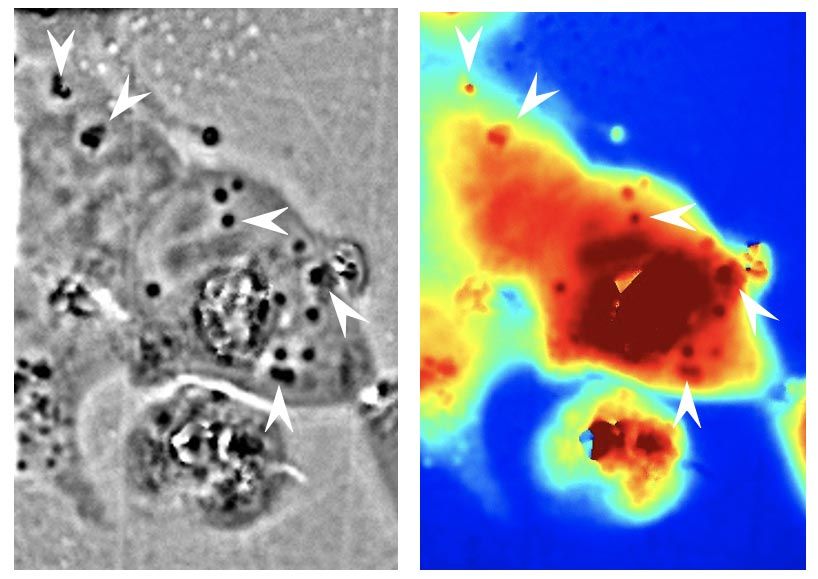Technion researchers, US company working to create affordable, rechargeable batteries to store solar and wind power that could ‘bring Israel to forefront of renewables revolution’.
Horizons mission — Soyuz(rocket) launch to orbit at 27000km/hr!! Astronauts launching for Space Station #MustWatch #SpaceExploration Info about mission: Soyuz MS-09 was a Soyuz spaceflight which launched on 6 June 2018. It transported three members of the Expedition 56/57 crew to the International Space Station (ISS). The crew consisted of a Russian commander, and an American and a German flight engineer. The mission ended at 05:02 UTC on 20 December 2018.
A new experiment suggests DNA and RNA may have formed together before the origin of life.
The weather forecast appears to be trending slightly toward favorable conditions for the Space Coast’s next launch from Kennedy Space Center.
If schedules hold, a SpaceX Falcon 9 rocket will likely encounter 60% “go” conditions for its 5:22 p.m. Tuesday liftoff from pad 39A, the Space Force’s 45th Weather Squadron said Saturday. The 230-foot rocket will carry about 60 Starlink satellites for the company’s tenth internet constellation mission.
Showers and thunderstorms are expected Tuesday but should move mostly inland just before the launch time.
A team of U.S. astronomers has calculated internal heating rates for 53 terrestrial exoplanets and found that all of them are likely to have volcanic activity at their surfaces, and that at least 26% could be ocean worlds, with a majority similar in structure to the icy moons of our Solar System’s giant planets.
Tunde Ajaja Former Minister of Finance, Dr Ngozi Okonjo-Iweala, has said in all the positions she has occupied, serving as Nigeria’s Minister of Finance remains one of her toughest jobs so far. O…
NASA is inviting additional teams to compete in the Cube Quest Challenge. You can still participate in the in-space phase of the challenge and be eligible to win part of a $4.5 million prize purse.
The Cube Quest Challenge, NASA’s first in-space competition, incentivizes teams to design, build and deliver small satellites capable of advanced operations near and beyond the Moon. To compete, new teams meeting the eligibility criteria must obtain a ride to deep space for their CubeSats – either through commercial launch opportunities or programs like NASA’s CubeSat Launch Initiative.
“We welcome new teams to join us in this challenge in pursuit of advancing space exploration,” said Monsi Roman, program manager for NASA’s Centennial Challenges. “When we established the Cube Quest Challenge in 2015, commercial flight opportunities weren’t as available. Now that technology has advanced and commercial partners are flying payloads, it is a great time to make potential participants aware of the opportunity.”
Both are AI-enabled, allowing them to take in their surroundings and learn and evolve over time. They know what time to start cooking a well-done burger so that it’s done at exactly the same time as a medium-rare burger for the same order, or could learn how to optimize oil use to minimize waste, for instance.
In a pre-pandemic time of restaurant labor shortages, Flippy kept kitchen productivity high and costs low, a giant deal in an industry known for tiny margins. Introducing Flippy into a kitchen can increase profit margins by a whopping 300%, not to mention significantly reduce the stress managers feel when trying to fill shifts.
But even if restaurants have an easier time finding workers as places reopen, Flippy and ROAR aren’t gunning for people’s jobs. They’re designed to be collaborative robots, or cobots, the cost-effective machines created to work with humans, not against them.
Bioinspired research project a first step toward intrinsically translucent tissue.
Octopuses, squids and other sea creatures can perform a disappearing act by using specialized tissues in their bodies to manipulate the transmission and reflection of light, and now researchers at the University of California, Irvine have engineered human cells to have similar transparent abilities.
In a paper published today in Nature Communications, the scientists described how they drew inspiration from cephalopod skin to endow mammalian cells with tunable transparency and light-scattering characteristics.









